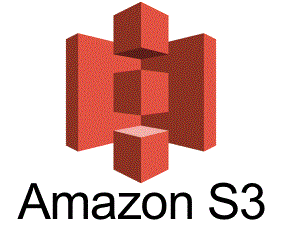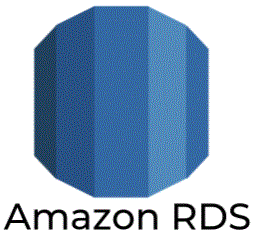21) What are real-time operating system (RTOS) ?
A real-time operating system (RTOS) is an operating system (OS) intended to serve real-time applications that process data as it comes in, typically without buffer delays. Processing time requirements (including any OS delay) are measured in tenths of seconds or shorter increments of time. A real-time system is a time-bound system which has well-defined, fixed time constraints. Processing must be done within the defined constraints or the system will fail. Real-time systems are used when rigid time requirements have been placed on the operation of a processor. It has well defined and fixed time constraints.
22. What is the main difference between logical from physical address space ?
The basic difference between Logical and physical address is that Logical address is generated by CPU in perspective of a program. On the other hand, the physical address is a location that exists in the memory unit. The set of all logical addresses generated by CPU for a program is called Logical Address Space.
23. Is dynamic loading aid in better memory space utilization ?
Dynamic loading is a mechanism by which a computer program can, at run time, load a library into memory, retrieve the addresses of functions and variables contained in the library, execute those functions or access those variables, and unload the library from memory. It is one of the 3 mechanisms by which a computer program can use some other software.
24. What is overlay?
Overlaying means “the process of transferring a block of program code or other data into main memory, replacing what is already stored”.[1] Overlaying is a programming method that allows programs to be larger than the computer’s main memory. Constructing an overlay program involves manually dividing a program into self-contained object code blocks called overlays laid out in a tree structure.
25. What is Paging ?
Paging is a memory management scheme by which a computer stores and retrieves data from secondary storage for use in main memory. In this scheme, the operating system retrieves data from secondary storage in same-size blocks called pages. Paging is a storage mechanism that allows OS to retrieve processes from the secondary storage into the main memory in the form of pages.










